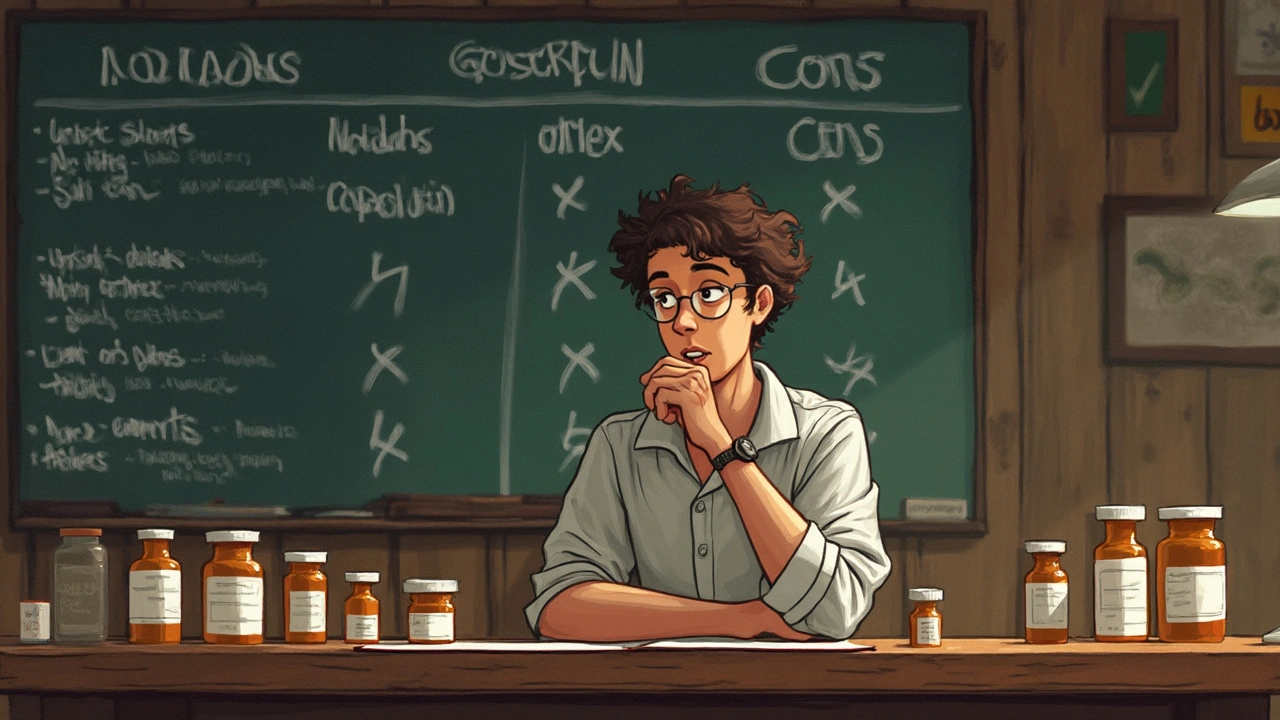Estrogen suppression is a medical approach often used to lower estrogen levels in the body. Whether it's for treating hormone-sensitive conditions like certain cancers, managing menopause symptoms, or addressing other health issues, understanding how estrogen suppression works is important if you’re considering or undergoing it.
At its core, estrogen suppression aims to reduce the amount of estrogen circulating in your bloodstream. This can be achieved through medications like aromatase inhibitors or selective estrogen receptor modulators, which either block estrogen production or its effects on the body. This approach helps slow down or stop the growth of tissues that rely on estrogen, such as certain breast tumors.
Doctors often recommend estrogen suppression for conditions where lowering estrogen can improve health outcomes. For example, some breast cancers grow faster with estrogen, so reducing estrogen can help control the disease. It’s also sometimes used to manage symptoms during menopause or to address hormonal imbalances.
But estrogen isn’t just about reproduction; it plays roles in bone density, heart health, and mood regulation. That’s why estrogen suppression might come with side effects like hot flashes, mood swings, or bone thinning. Understanding these effects helps you and your doctor weigh the benefits and risks.
If you’re on estrogen suppression therapy, it’s key to stay in touch with your healthcare provider. They’ll monitor your hormone levels and check for side effects. Lifestyle changes like diet, exercise, and supplements can support your overall health during treatment.
Always talk openly about what you’re experiencing. There might be options to adjust medications or add treatments that reduce side effects. Remember, managing estrogen isn’t just about lowering it—it’s about finding balance for your whole body and wellbeing.

Navigating through alternatives to Nolvadex can feel overwhelming. This article sheds light on ten options, like Goserelin (Zoladex) and beyond, to help you make informed decisions. We dive into the pros and cons of each, making your choice a tad easier. From hormonal therapies to various drug options, there's a lot to consider. Let's make this journey a bit more manageable.
Mar 23 2025
Menu